Humans
Sign up for our newsletter
We summarize the week's scientific breakthroughs every Thursday.
-
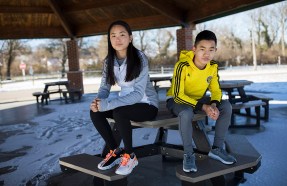 Health & Medicine
Health & MedicinePfizer’s COVID-19 vaccine recommended for adolescents by CDC committee
With the vaccine cleared for high schoolers and many middle schoolers, focus now turns to clinical trials testing COVID-19 vaccines in younger kids.
-
 Health & Medicine
Health & MedicineHow India’s COVID-19 crisis became the worst in the world
Scientists say a laxed attitude toward masking and social distancing plus the rise of new variants may have fueled India’s coronavirus surge.
-
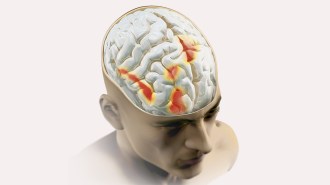 Neuroscience
NeuroscienceMild zaps to the brain can boost a pain-relieving placebo effect
By sending electric current into the brain, scientists can enhance the pain-relieving placebo effect and dampen the pain-inducing nocebo effect.
-
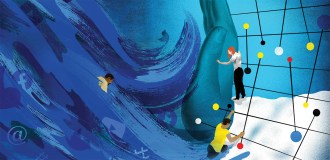 Science & Society
Science & SocietyHow to detect, resist and counter the flood of fake news
Misinformation about health is drowning out the facts and putting us at risk. Researchers are learning why bad information spreads and how to protect yourself.
-
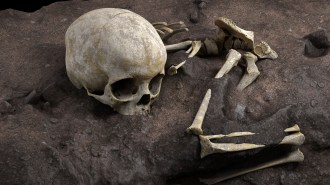 Anthropology
AnthropologyA child’s 78,000-year-old grave marks Africa’s oldest known human burial
Cave excavation of a youngster’s grave pushes back the date of the first human burial identified in the continent by at least a few thousand years.
By Bruce Bower -
 Health & Medicine
Health & MedicineHow a small city in Brazil may reveal how fast vaccines can curb COVID-19
Almost all adults in Serrana, Brazil, got COVID-19 shots. That may help answer questions about how well vaccines will work to end the pandemic.
-
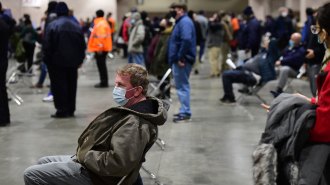 Health & Medicine
Health & MedicineHere’s what breakthrough infections reveal about COVID-19 vaccines
Studies analyzing vaccinated people in the real world show that COVID-19 vaccines are extremely effective, but experts are keeping an eye on variants.
-
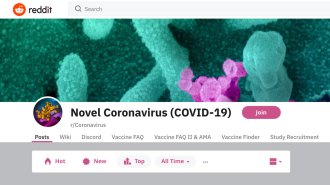 Health & Medicine
Health & MedicineMeet three moderators fighting disinformation on Reddit’s largest coronavirus forum
Science News spoke with volunteers about what it takes to correct misinformation online during a pandemic.
-
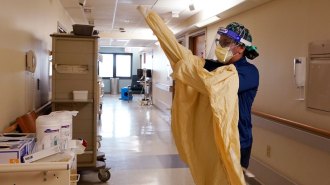 Health & Medicine
Health & MedicineThe surge in U.S. coronavirus cases shows a shift in who’s getting sick
Younger, unvaccinated people are a rising share of COVID-19 cases, raising concerns anew that lack of vaccine access may hit minority populations hard.
-
 Science & Society
Science & SocietyThe book ‘Viral BS’ offers a cure for medical myths and fake health news
In ‘Viral BS,’ physician and author Seema Yasmin fights misinformation with a dose of storytelling.
-
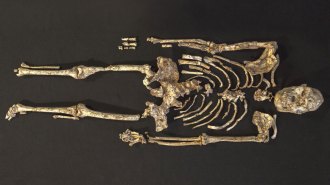 Anthropology
AnthropologyLittle Foot’s shoulders hint at how a human-chimp common ancestor climbed
The shape of the 3.67-million-year-old hominid’s shoulder blades suggests it had a gorilla-like ability to climb trees.
By Bruce Bower -
 Health & Medicine
Health & MedicineCOVID-19 can affect the brain. New clues hint at how
Anxiety, depression and strokes can occur after infection, leaving experts to determine how the virus affects the brain.